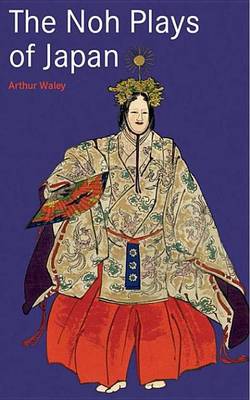Tuttle Classics of Japanese Literature
1 total work
Noh plays live on as a magnificent artistic heritage handed down from the high culture of medieval Japan. Among the major types of Japanese drama, the No, which is often called the classical theatre of Japan, has had perhaps the greatest attraction for the West. Introduced to Europe and America through the translations of Arthur Waley and Ezra Pound, it found an ardent admirer in William Butler Yeats, who described it as a form of drama 'distinguished, indirect, and symbolic' and created plays in its image. The "Noh Plays of Japan", first published in 1921 and justly famous for more than three-quarters of a century, established the No play for the Western reader as beautiful literature. It contains Arthur Waley's exquisite translations of nineteen plays and summaries of sixteen more, together with a revealing introductory essay that furnishes the background for a clear understanding and a genuine appreciation of the No as a highly significant dramatic form. The acclaim that greeted the book on its first appearance is reflected in the following comments: 'It is...the highest tribute to this book that, fascinating as is the introduction, the text is more fascinating still...The natural beauty of the poetry rises like a flower' - "New Statesman".
